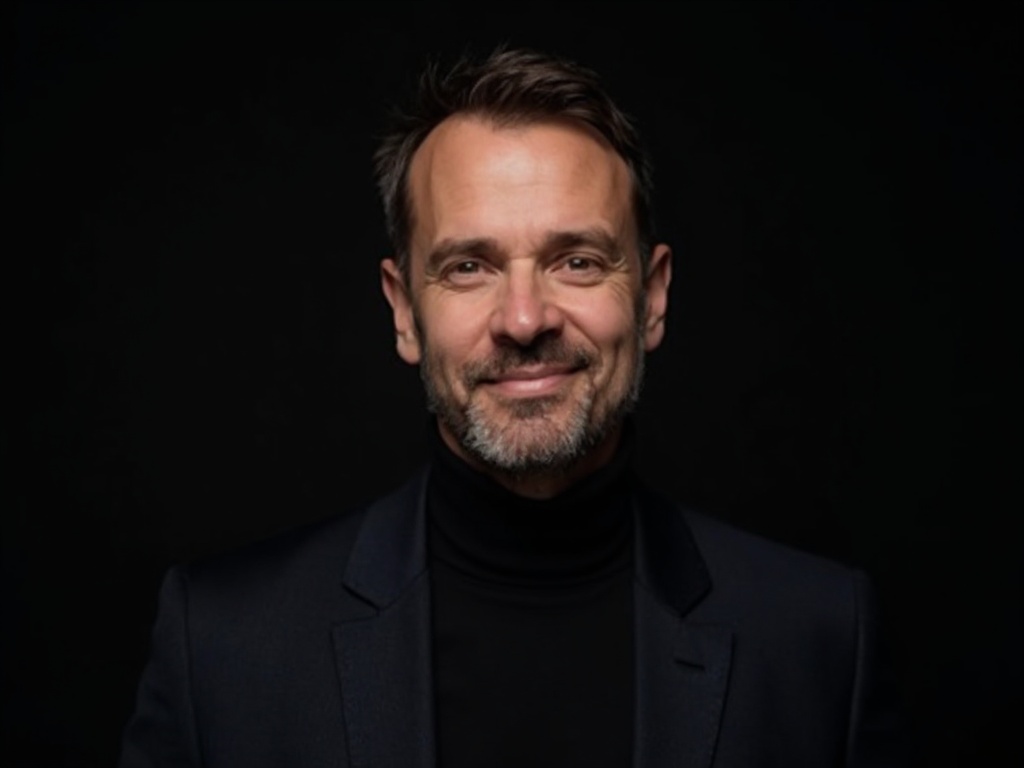The Evolving Definition of Wealth

For generations, wealth was measured by the balance in your bank account or the assets you owned. But those days are slipping away. A recent 2024 survey by the Wealth Institute showed that 72% of people now believe wealth is about more than just dollars and cents. People are starting to see that true wealth also includes health, education, and the strength of your social relationships. There’s a growing realization that money alone doesn’t guarantee happiness or fulfillment. Instead, quality of life and personal satisfaction are taking center stage in how people define being “rich.” The trend shows a clear move toward valuing experiences, meaningful connections, and a sense of purpose. This new perspective is changing how society views what it truly means to live a wealthy life.
Health as a Key Component of Wealth

The importance of good health has never been more obvious in conversations about wealth. According to the World Health Organization, people with better physical and mental health consistently report higher levels of life satisfaction. In a 2025 study, 65% of those with significant financial resources stated they would rather invest in their well-being than simply accumulate more money. Without health, even vast fortunes can feel empty and meaningless. Wellness programs, fitness routines, and mental health support are now seen as essential investments, not luxuries. As more people prioritize their physical and emotional well-being, the definition of wealth is expanding to include a healthy, balanced lifestyle. Many now see robust health as the real foundation of lasting prosperity.
The Role of Education and Knowledge

Education and knowledge are proving to be powerful forms of wealth in today’s world. The Global Education Report from 2024 found that those with higher education often enjoy better job prospects and higher incomes. However, it’s not just about degrees—ongoing learning and skill-building matter just as much. In fact, a 2025 survey discovered that 58% of professionals believe that continuous education directly benefits both their careers and their personal growth. This emphasis on lifelong learning helps people stay adaptable and competitive in a rapidly changing economy. Investing in knowledge, whether through online courses, workshops, or reading, is becoming just as valuable as saving money in the bank. In this new era, being well-informed and adaptable is seen as a key pillar of modern wealth.
Social Connections and Networking

Social capital, or the value of your relationships and connections, is now widely recognized as a true form of wealth. According to a 2024 report from the Social Capital Project, people with strong networks often have more career opportunities and report higher happiness levels. These relationships provide support, open doors, and foster a sense of belonging. In fact, a 2025 study found that 70% of successful entrepreneurs credit their achievements to their ability to build and maintain connections. Whether it’s friendships, mentorships, or professional contacts, cultivating social ties is seen as essential for personal and professional growth. The ability to rely on a supportive community is now considered just as important as financial assets.
Environmental and Social Responsibility

Caring for the planet and society has become a central part of what it means to be wealthy. A 2024 survey by the Sustainable Wealth Initiative revealed that 78% of affluent individuals now factor in environmental impact when making investment decisions. There’s a growing understanding that true prosperity includes leaving a positive legacy for future generations. Many are choosing to invest in green technologies, renewable energy, and companies with strong ethical practices. This trend marks a big shift away from the old view that wealth is just about personal gain. Now, being wealthy often means contributing to a healthier planet and more just society, and this ethical approach is gaining momentum around the world.
The Impact of Technology on Wealth

Technology is transforming how people think about and accumulate wealth. According to a 2025 report by Tech Wealth Insights, digital assets like cryptocurrencies and NFTs are now major parts of many individuals’ wealth portfolios. These new forms of wealth have created fresh opportunities for investment and financial growth. Technology also makes information and resources far more accessible, allowing more people to build wealth regardless of their starting point. Digital platforms enable better financial literacy, smarter investing, and broader participation in the economy. As more people embrace technology, the traditional boundaries of wealth are breaking down, leading to a more inclusive and dynamic landscape.
Experiences Over Possessions

A striking shift is happening as people place greater value on experiences rather than material goods. The Experience Economy Institute’s 2024 study found that 80% of millennials and Gen Z prefer spending on experiences like travel, concerts, and special events over buying things. This move toward experiences is rooted in a search for deeper meaning, connection, and joy. Memories and shared moments are now seen as more fulfilling than owning the latest gadgets or luxury items. People are realizing that experiences can bring long-lasting happiness, strengthen relationships, and enrich their lives in ways that possessions often cannot. This shift is changing both individual spending habits and the broader definition of wealth.
The Influence of Mindset on Wealth

A person’s mindset is now recognized as a crucial element in the pursuit and experience of wealth. In 2025, the Wealth Mindset Institute found that 75% of highly successful individuals attribute their achievements to a growth-oriented way of thinking. This mindset emphasizes resilience, adaptability, and a willingness to learn from failure. Rather than focusing only on financial milestones, many are now aiming for personal growth, emotional well-being, and lifelong learning. Adopting a positive, flexible mindset helps individuals navigate uncertainty and seize new opportunities. In the modern world, cultivating the right mindset is often seen as the invisible, yet powerful, ingredient of true wealth.
The Future of Wealth

New developments are constantly reshaping what it means to be wealthy. The rise of remote work, the expansion of digital currencies, and an increased focus on well-being are all changing the landscape. Experts in 2024 predict that the future will bring even more emphasis on balancing financial success with personal fulfillment and social responsibility. People are being encouraged to rethink their goals, prioritizing a life that integrates work, health, relationships, and ethical choices. This ongoing shift means that wealth is no longer seen as a single number, but as a blend of financial, personal, and social assets that together create a richer, more meaningful life.




